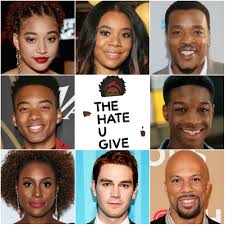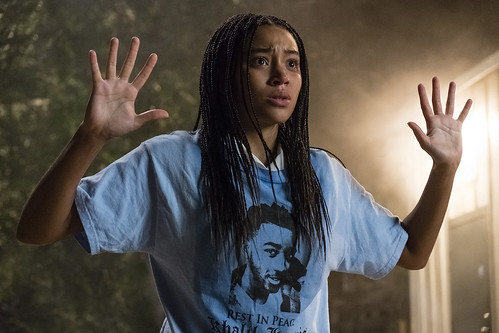Our latest Christmas present rule was one only, from each person to the other persons, which in our case meant two from me to the other two. I reckoned that putting more than one book into the same wrapping paper could count as one, so I gave the Resident IT Consultant four books. All four were books I wanted to read. I was fairly sure he’d like them too. (But it does kind of deal quite nicely with what I want.)
He started on the one I had expected him to reach for first, and I have to thank the facebook friend who recommended the – to me – unknown E C R Lorac. The next one was by Nicola Upson, another fb recommendation.
I have just finished reading them myself, and it’s interesting how they coincidentally are quite similar. Lorac’s Fell Murder is set in a Lancashire farming community during WWII, and also written at that time. Nicola’s book is brand new but Shot With Crimson is set in 1939, in the countryside near Peterborough.
Nicola’s style is modern, both in plot and language. The Lorac novel is its complete opposite, being a little slow – but not in a bad way – and thoroughly of its time.
Shot With Crimson doesn’t shy away from the seriousness of murder, but I found myself looking at it from my current day view point. In Fell Murder the most shocking thing to the modern reader is how the farming population refuses to speculate when urged to by the police. Because they know that the murderer will be executed, and have no wish to send the wrong neighbour into the arms of death.
You tend to forget this. You know that murder was a capital offence back then, but somehow it’s quite easy to overlook. Because I had this book in such recent memory, I was able to contemplate Nicola’s various suspects differently. Was there someone I would be happier to see die for their crime?
The death of an elderly farmer in Lancashire, with relatively few suspects, is vastly different from Shot With Crimson, which features both Daphne du Maurier, Josephine Tey and Alfred Hitchcock, with the action both in old England, and in Hollywood. (There was also an unexpected mention of George Devine, which I won’t bore you with now.)
I recommend both books, as well as the way I managed to lay my hands on them.












